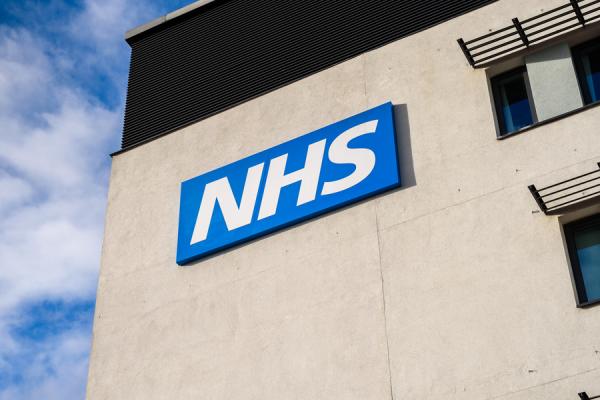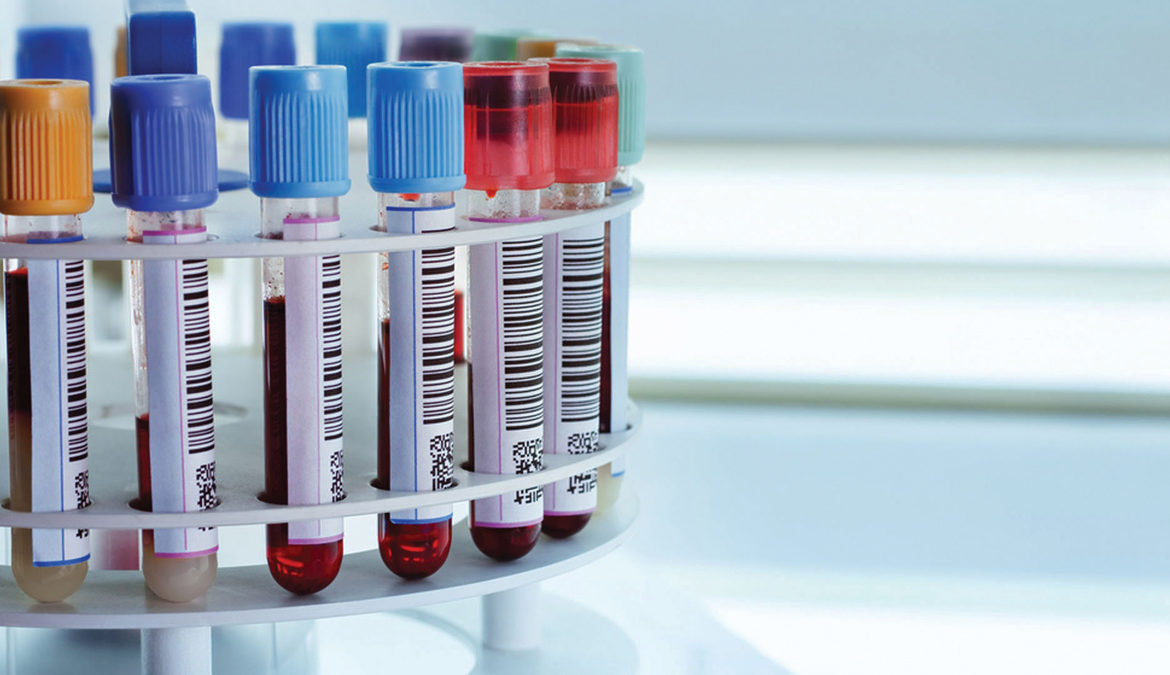Gender dysphoria and requests for monitoring
Gender Dysphoria and General Practice: Navigating Roles, Responsibilities, and Referrals
Gender identity and the care of patients with gender dysphoria remain one of the most frequently queried topics received by the LMC. Practices are often the first point of contact for individuals with gender identity concerns, and although GPs are not expected to be specialists in this field, it is important they understand their role and the boundaries of their responsibility. This guide provides consolidated advice, practical guidance, and signposts to further resources.
Supporting Patients with Gender Dysphoria
Gender dysphoria can have a profound impact on an individual’s mental health and quality of life. As such, timely assessment and access to appropriate care are essential. Practices should take steps to ensure that the whole team is prepared to offer holistic support. This includes understanding how to appropriately record patients’ preferences regarding name and gender in medical records, in line with guidance from the GMC and PCSE.
Referral to Gender Identity Clinics (GICs)
When a patient seeks help with gender identity, general practice should facilitate referral to a Gender Identity Clinic (GIC). GMC guidance clearly states that GPs can refer directly without requiring mental health assessments or ICB prior approvals. Referrals enable patients to access the specialist care necessary for assessment and treatment planning.
Shared Care and Prescribing Responsibilities
Where a GIC—NHS or private—recommends medications, practices should only prescribe if a shared care arrangement is in place, allowing ongoing specialist oversight. Practices must be confident in their own ability to prescribe and monitor safely. If the prescriber lacks the necessary knowledge, the GMC advises addressing training needs before agreeing to take on prescribing responsibilities.
It is vital that the GIC adequately assesses the patient, and that the practice receives comprehensive communication regarding any medication being prescribed—especially when these are off-licence. If the GIC is unwilling or unable to offer shared care, then the responsibility for prescribing and monitoring should remain with the specialist.
When dealing with non-NHS providers, practices are not obliged to prescribe and should consider the provider’s governance and ability to support the patient. In such cases, it may be appropriate to discuss the option of referral to an NHS GIC.
Bridging Prescriptions
There are circumstances where patients may begin self-prescribing hormones from unregulated sources while waiting to be seen by a GIC. The Royal College of Psychiatrists, GMC, and BMA all acknowledge a harm reduction approach may be warranted. GPs may consider a bridging prescription only when:
- The patient is self-prescribing or at high risk of doing so;
- There is concern about the risk of self-harm or suicide;
- The GP has consulted an experienced gender specialist and prescribes the lowest acceptable dose (see ethical hub).
Monitoring and Non-Core Work
Monitoring patients with gender dysphoria—particularly blood tests associated with hormone therapy—falls into a broader category of requests GPs receive to monitor conditions initially diagnosed in secondary care. Alongside gender dysphoria, conditions like MGUS, PSA surveillance, and eating disorder monitoring are increasingly being requested of general practice.
However, such monitoring is not part of core GMS work. In the absence of a commissioned pathway, these responsibilities should remain with secondary care. Practices under pressure must feel supported in declining such work when it is unfunded, and the LMC continues to advocate for appropriate commissioning with ICBs and trusts. If practices continue to receive inappropriate requests after explaining this, they should notify the LMC.
Communication and Screening Considerations
When referring patients for services where their gender identity may be clinically relevant (e.g., gynaecology for a trans man), practices should sensitively discuss what information the patient consents to share. Additionally, some screening programmes rely on gender markers, and patients should be supported in understanding and navigating these systems to ensure continued access to appropriate screening.
Resources and Further Guidance
For further information and updates on this subject, the following organisations provide useful guidance:




